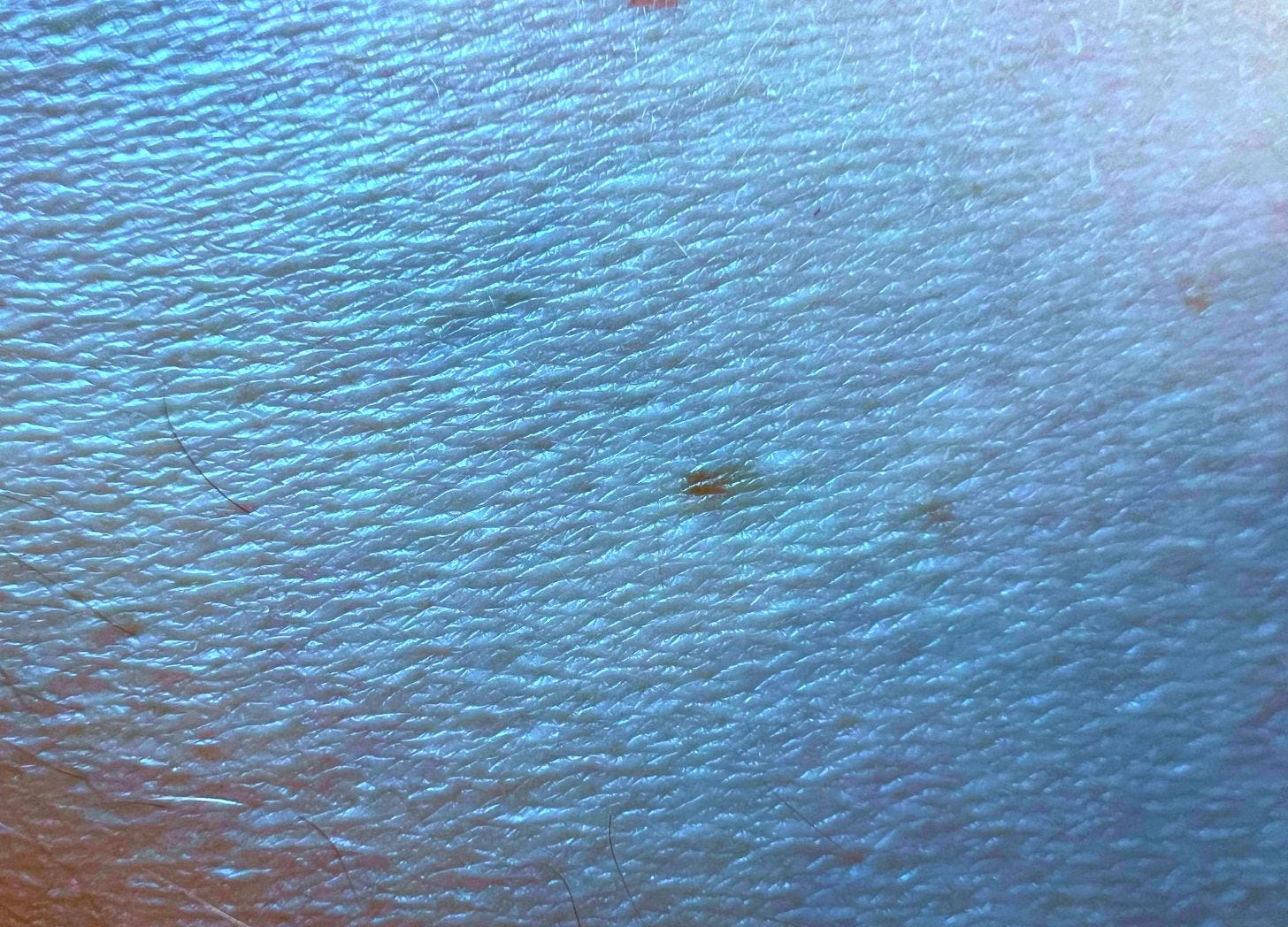'New-Onset and Exacerbation of Psoriasis following COVID-19 Vaccination': Indian Journal of Dermatology
The researchers found 62 cases of exacerbated skin conditions and 11 new-onset cases following the jab.
A study published online last month in the Indian Journal of Dermatology analyzed several new-onset and exacerbation of psoriasis reported after COVID-19 vaccination.
Follow Jon Fleetwood on Instagram @realjonfleetwood / Twitter @JonMFleetwood
Psoriasis is a chronic skin condition marked by rapid skin cell growth, resulting in red, scaly, and itchy patches.
Pfizer Inc.’s safety data—only made available by order of a Texas federal judge—show the company was aware that psoriasis had been linked to their shot before making it available to the public.

The study authors used three databases: PubMed, Google Scholar, and EBSCOHost.
They searched for literature published until June 2022, using the following terms: “psoriasis,” “exacerbation,” “induced psoriasis,” and “COVID-19 vaccination.”
The researchers found 62 cases of exacerbated psoriasis and 11 cases of new-onset psoriasis following the jab.
The onset of psoriasis after COVID vaccination varied from 1 to 90 days (Mean ± SD: 15.75 ± 18.22).
Among 33 studies, Pfizer was the most commonly reported in connection to psoriasis (49 cases; 67.1%), followed by Astra-Zeneca (13 cases; 17.8%), Moderna (10 cases; 13.7%), and CoronaVac (1 case; 1.4%).
“Plaque psoriasis was most commonly reported, followed by pustular, guttate, and other types of psoriasis,” the study reads.
Each type has distinct symptoms:
Plaque psoriasis is the most common form, characterized by raised, red patches covered with a silvery-white buildup of dead skin cells.
Pustular psoriasis involves white, pus-filled blisters surrounded by red skin.
Guttate psoriasis appears as small, red spots, often triggered by bacterial infections, and typically affects children and young adults.
The authors confirm that the possibility of psoriasis occurring following COVID vaccination “should be acknowledged and managed properly.”
The study authors are affiliated with the Department of Dermatology and Venereology, School of Medicine and Health Sciences at Atma Jaya Catholic University of Indonesia in Jakarta, Indonesia.
Follow Jon Fleetwood on Instagram @realjonfleetwood / Twitter @JonMFleetwood




